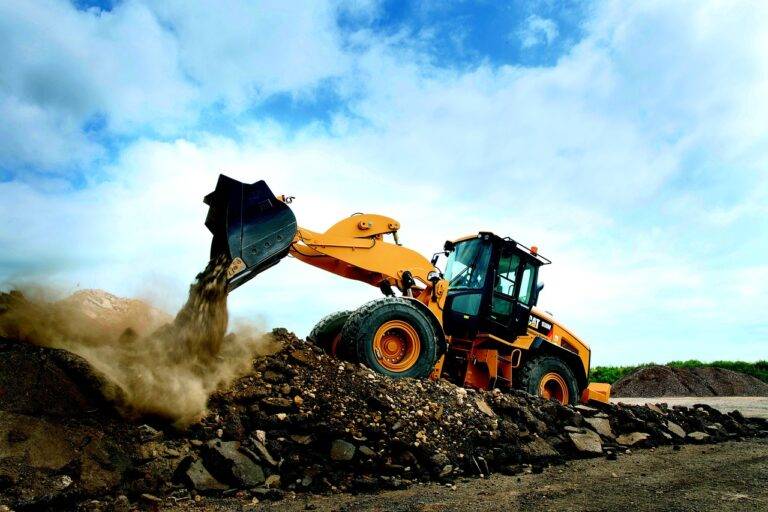The Evolution of Smart Public Transportation Systems
Smart public transportation systems are utilizing advanced technologies to improve efficiency, safety, and convenience for commuters. These systems leverage real-time data and analytics to optimize routes, reduce waiting times, and enhance the overall passenger experience. From mobile ticketing options to integrated payment systems, smart public transportation is making it easier for people to navigate urban areas with ease.
In addition to enhancing the passenger experience, smart public transportation systems also have a positive impact on the environment by reducing traffic congestion and lowering carbon emissions. By promoting sustainable modes of transportation such as buses, metros, and trains, these systems play a crucial role in creating more eco-friendly cities. Overall, the integration of technology in public transportation is reshaping how people move around urban areas, offering a glimpse into the future of mobility.
The Role of Technology in Revolutionizing Public Transportation
Technology has been a driving force in reshaping public transportation systems around the world. From the implementation of smart card systems for seamless payments to the use of GPS and real-time tracking for monitoring buses and trains, technology has significantly improved the overall efficiency and user experience of public transportation. These advancements have not only made it easier for passengers to navigate and utilize public transit but have also enabled operators to optimize routes and schedules for better service delivery.
In addition to enhancing the operational aspects of public transportation, technology has also played a crucial role in promoting sustainability and reducing the environmental impact of transit systems. The integration of electric vehicles, hybrid buses, and other eco-friendly options has helped to lower emissions and make public transportation more eco-conscious. Furthermore, the development of smart traffic management systems and predictive analytics tools has helped minimize congestion and improve overall traffic flow, leading to a smoother and more efficient commute for both passengers and drivers alike.
Challenges Faced by Traditional Public Transportation Systems
Traditional public transportation systems encounter numerous challenges in today’s fast-paced and dynamic world. One prevalent difficulty is the issue of reliability. Buses and trains often experience delays and breakdowns, leading to frustration among commuters who rely on these services for their daily transportation needs.
Another significant challenge is the lack of flexibility in traditional public transportation systems. Fixed routes and schedules may not always cater to the evolving needs and preferences of passengers. This rigidity can result in decreased ridership and a diminished overall appeal of public transportation as a viable option for mobility.





